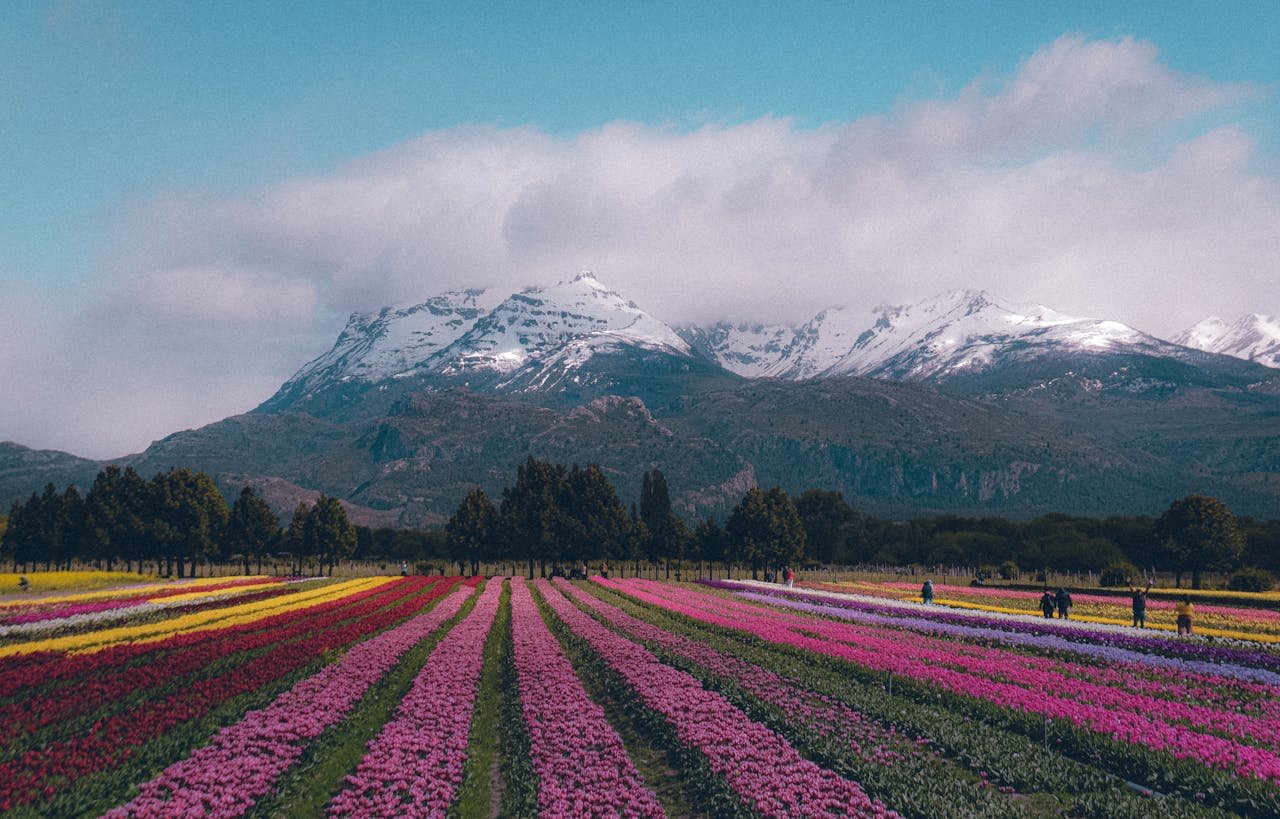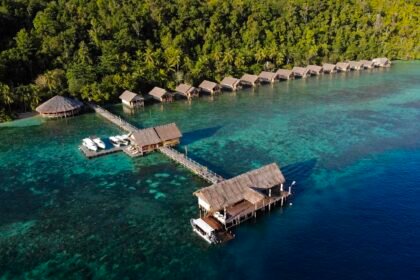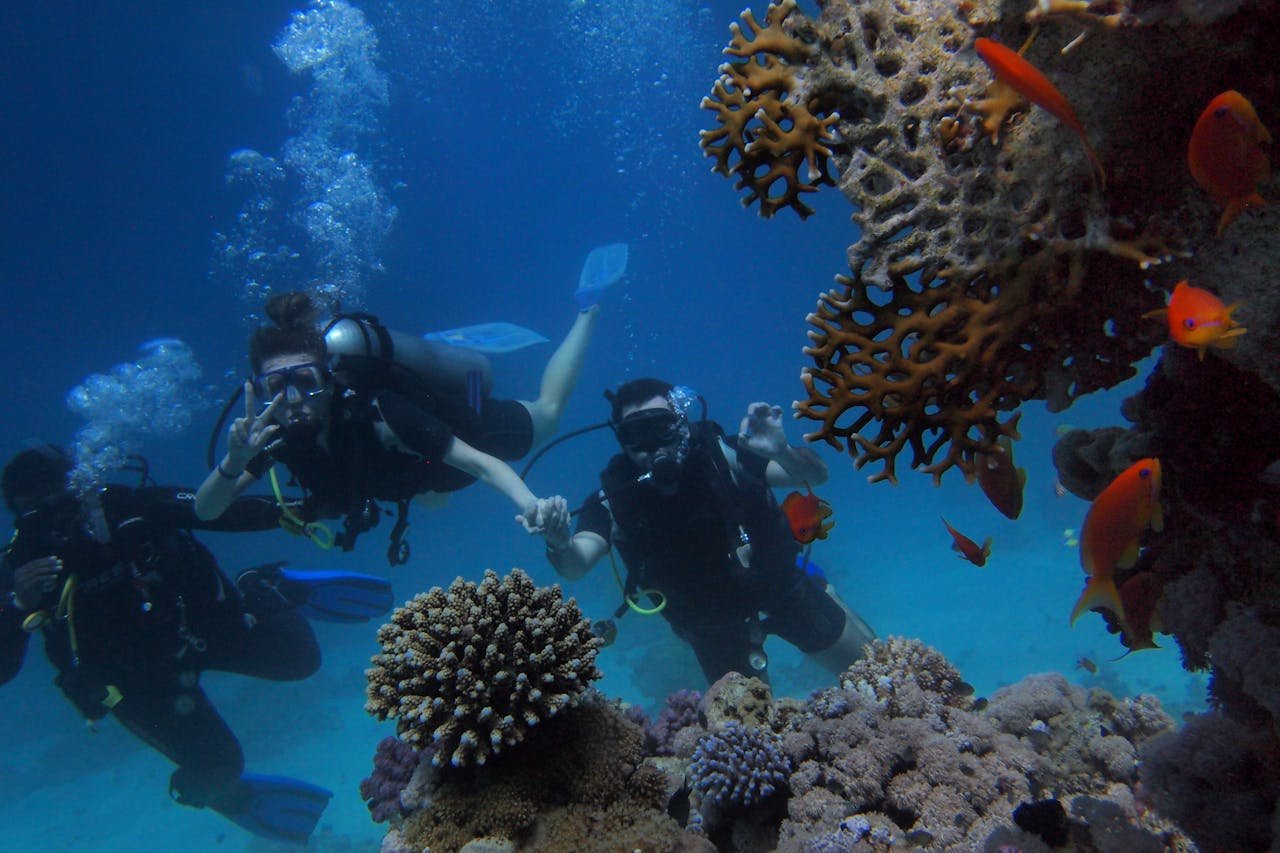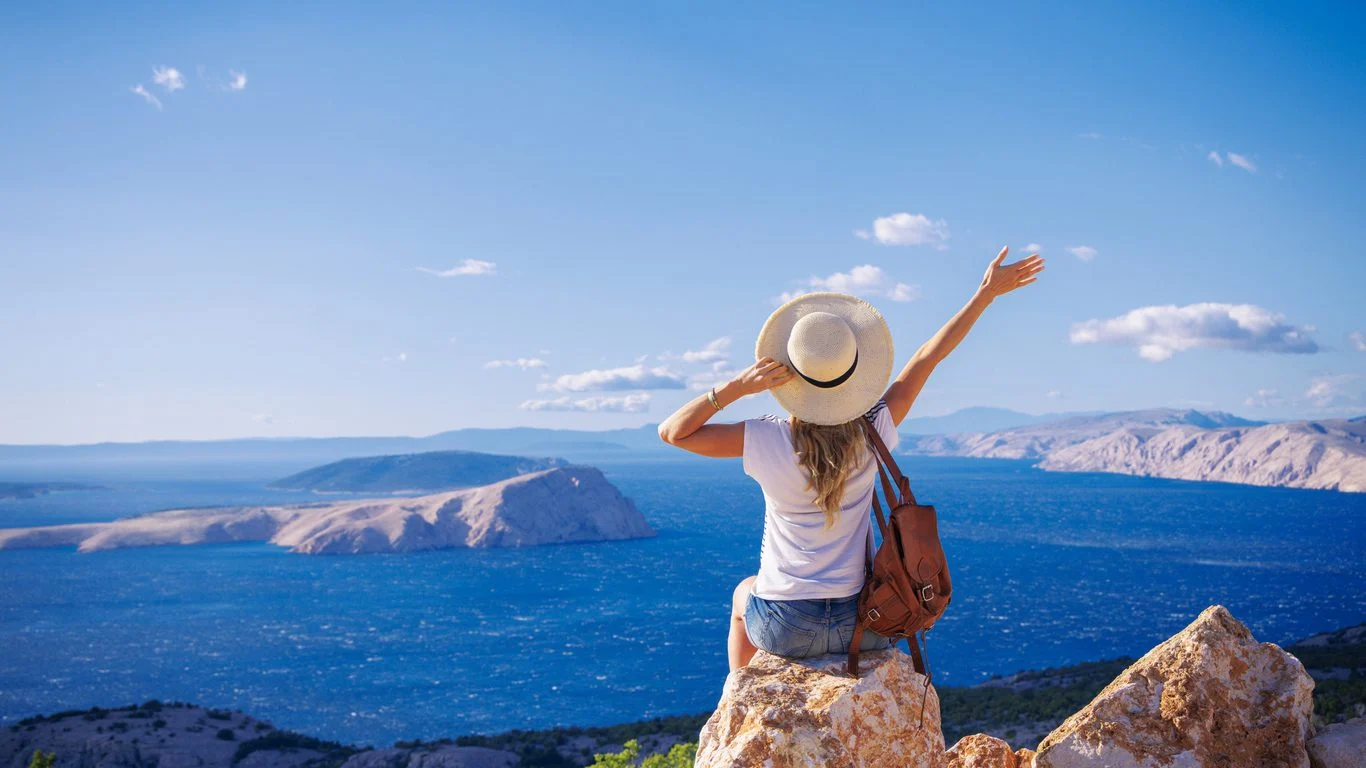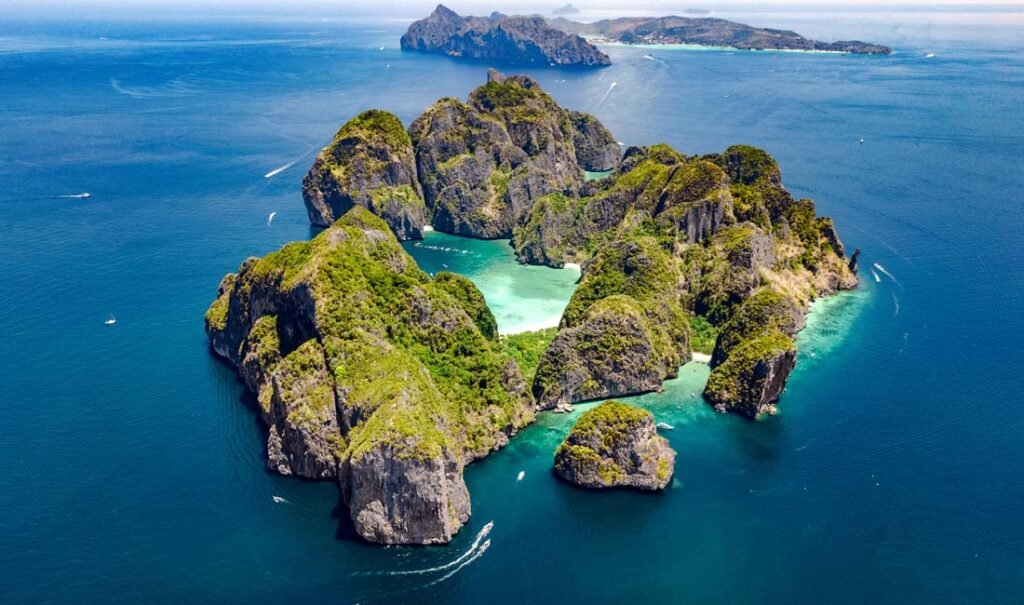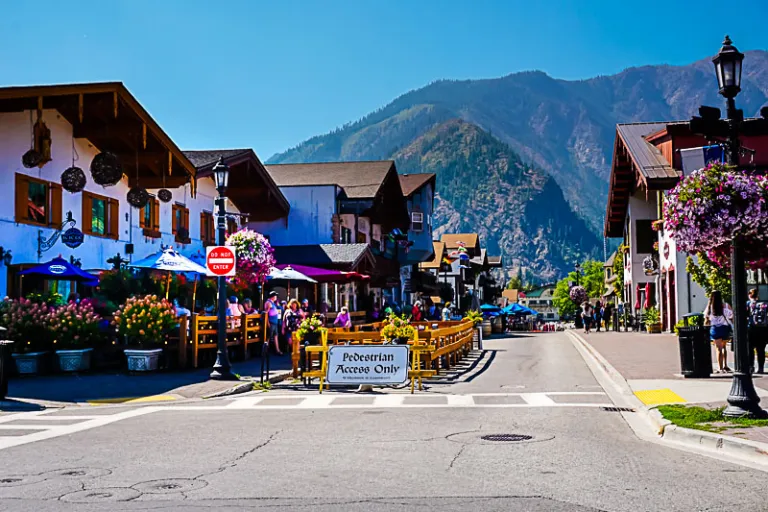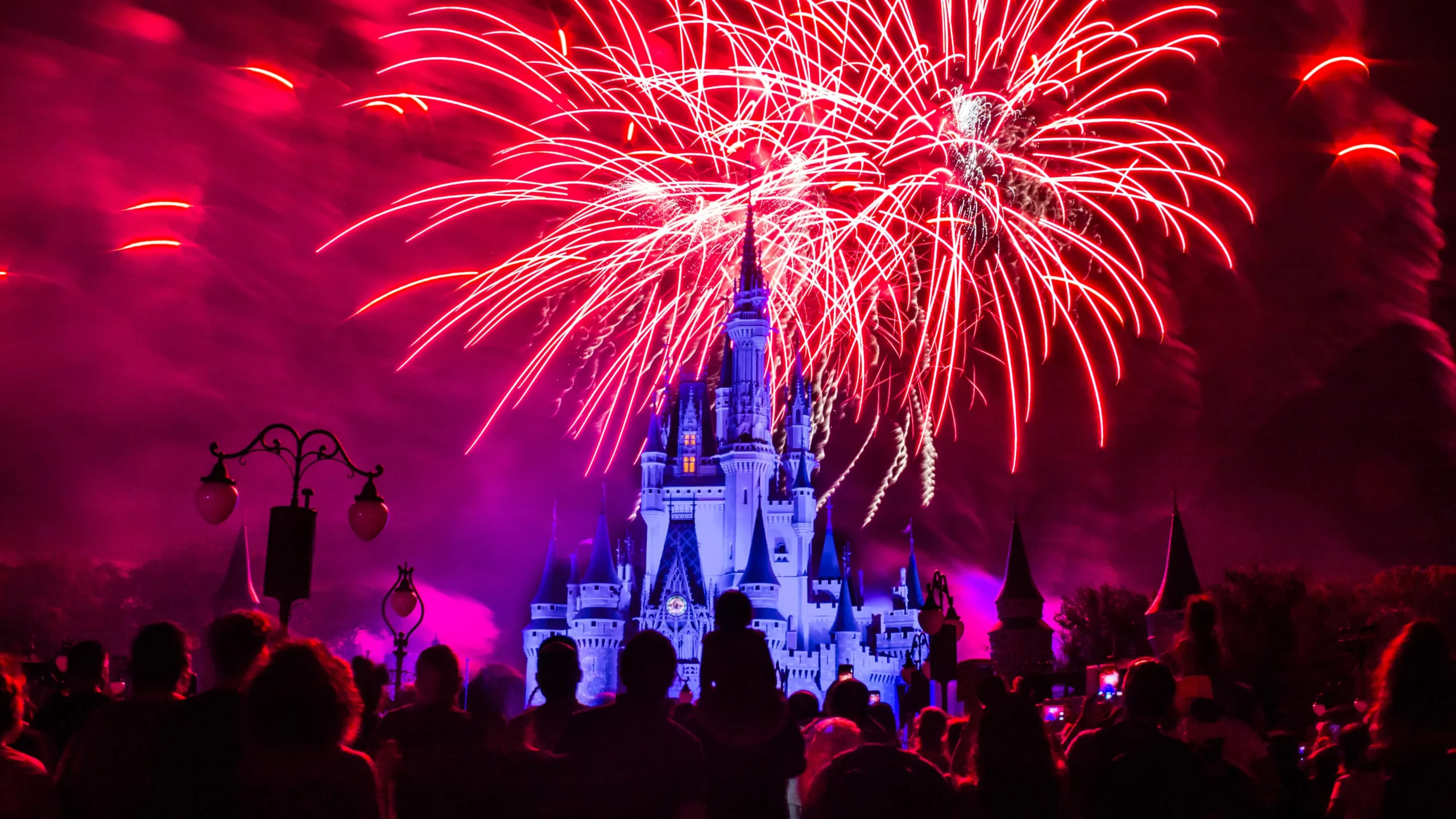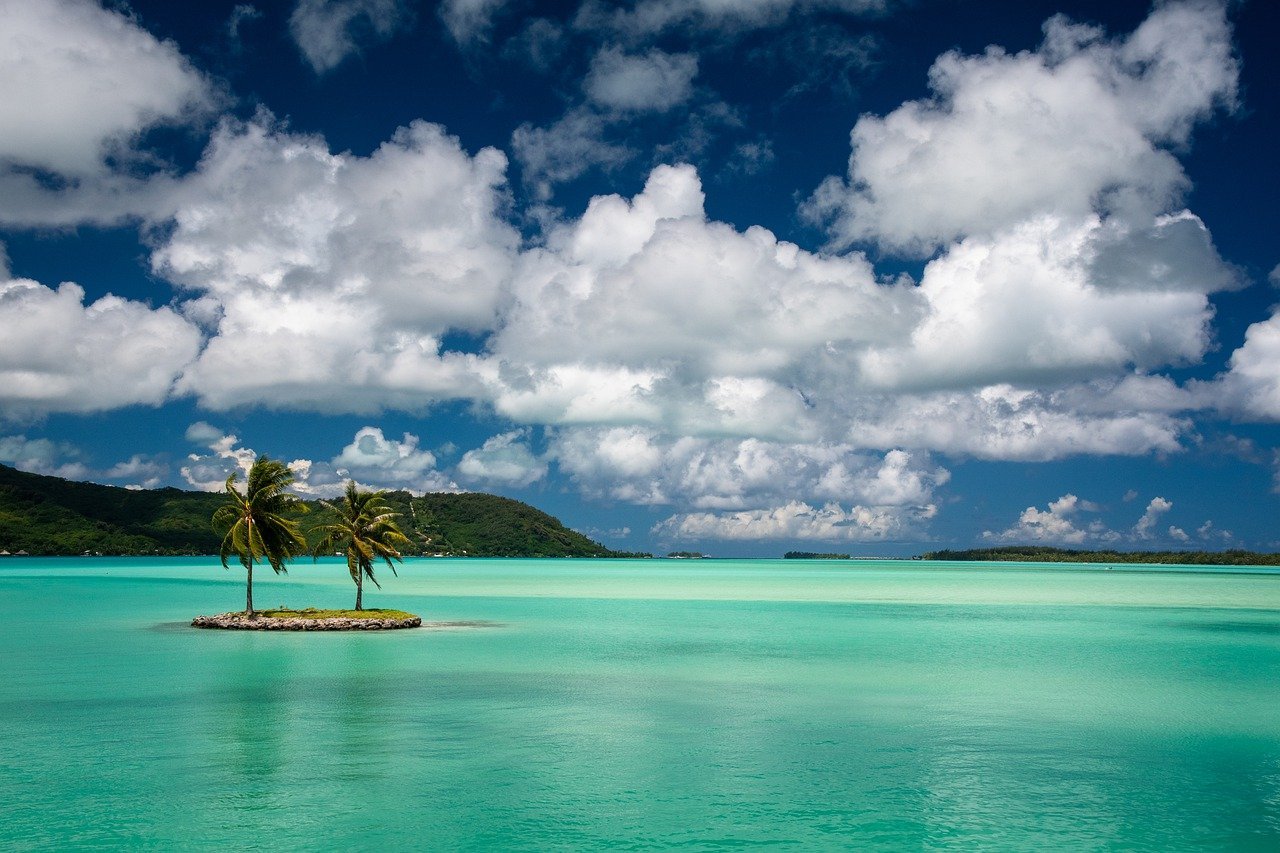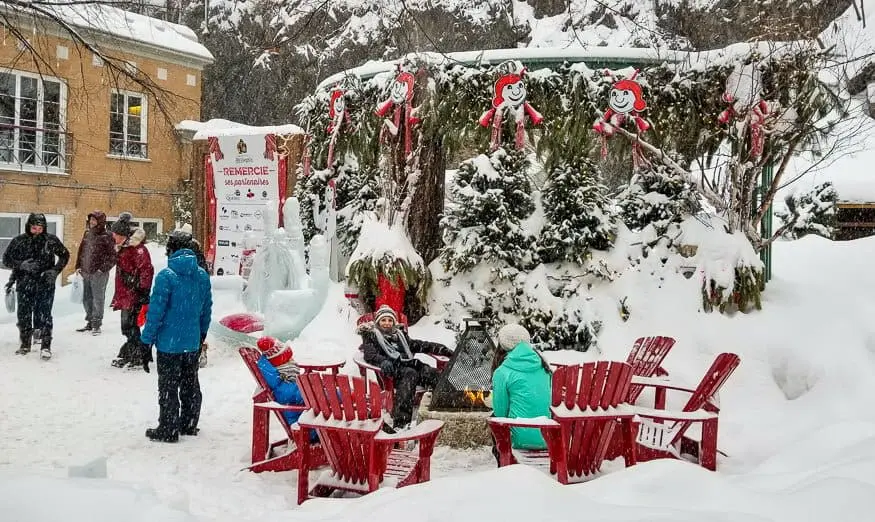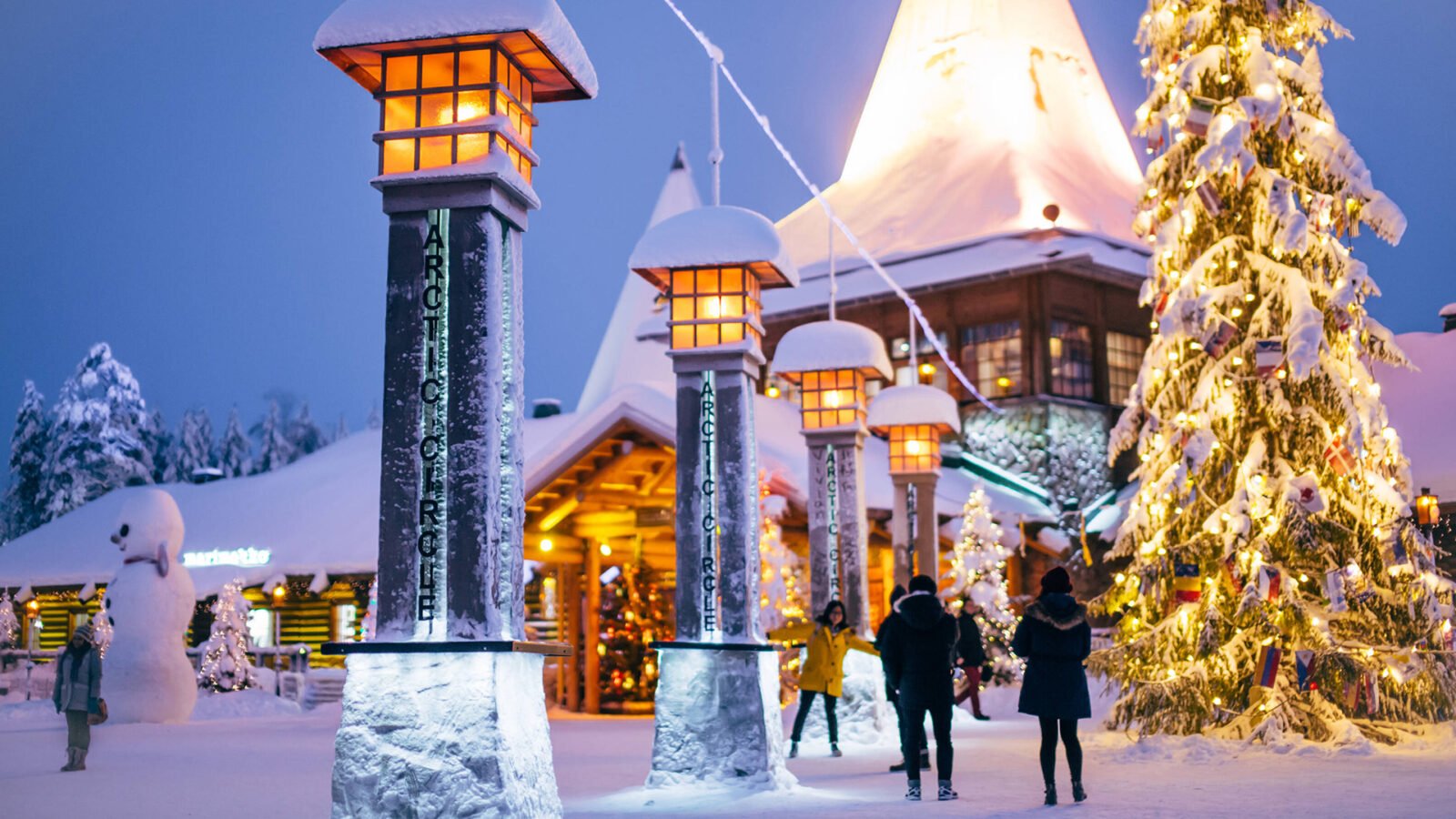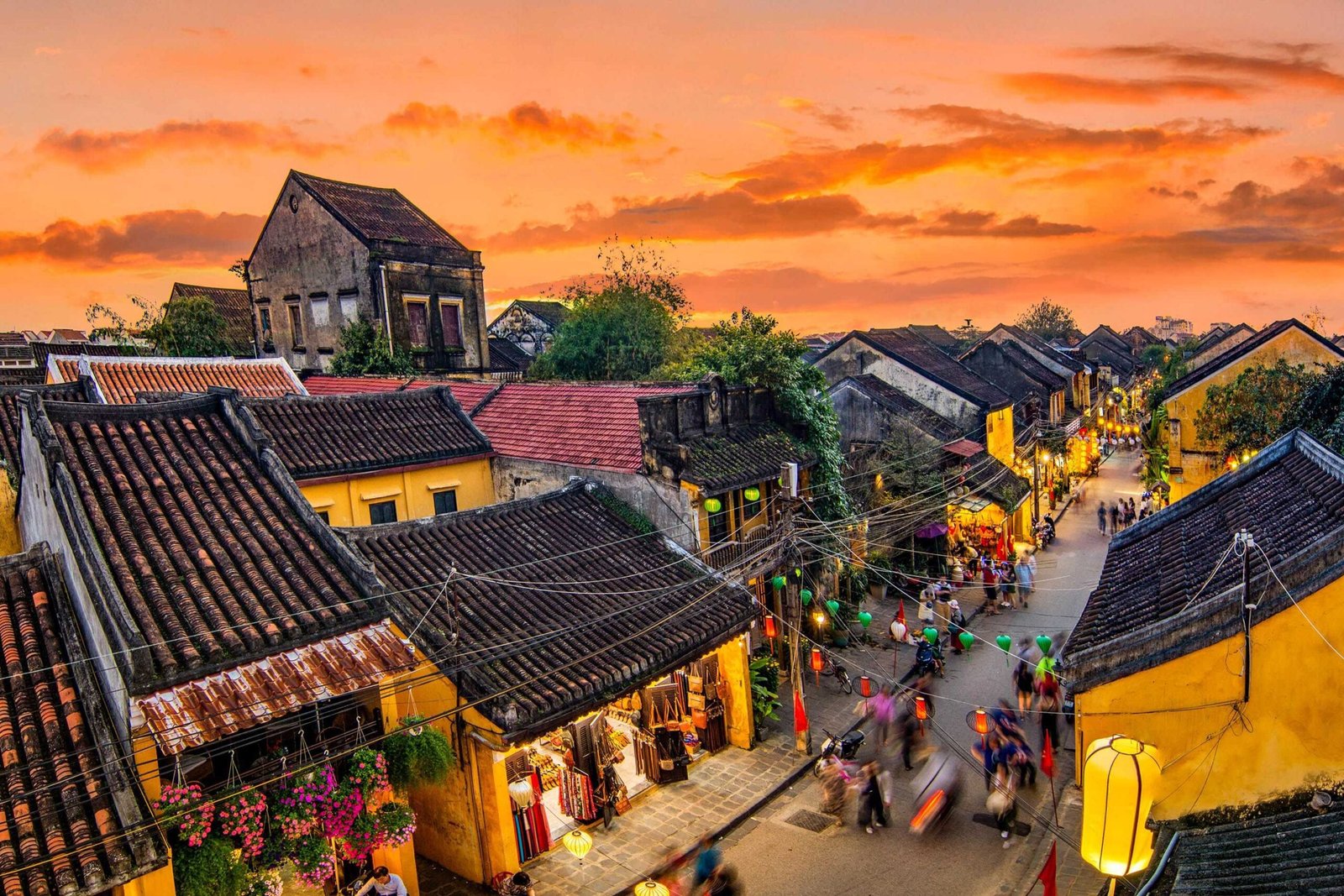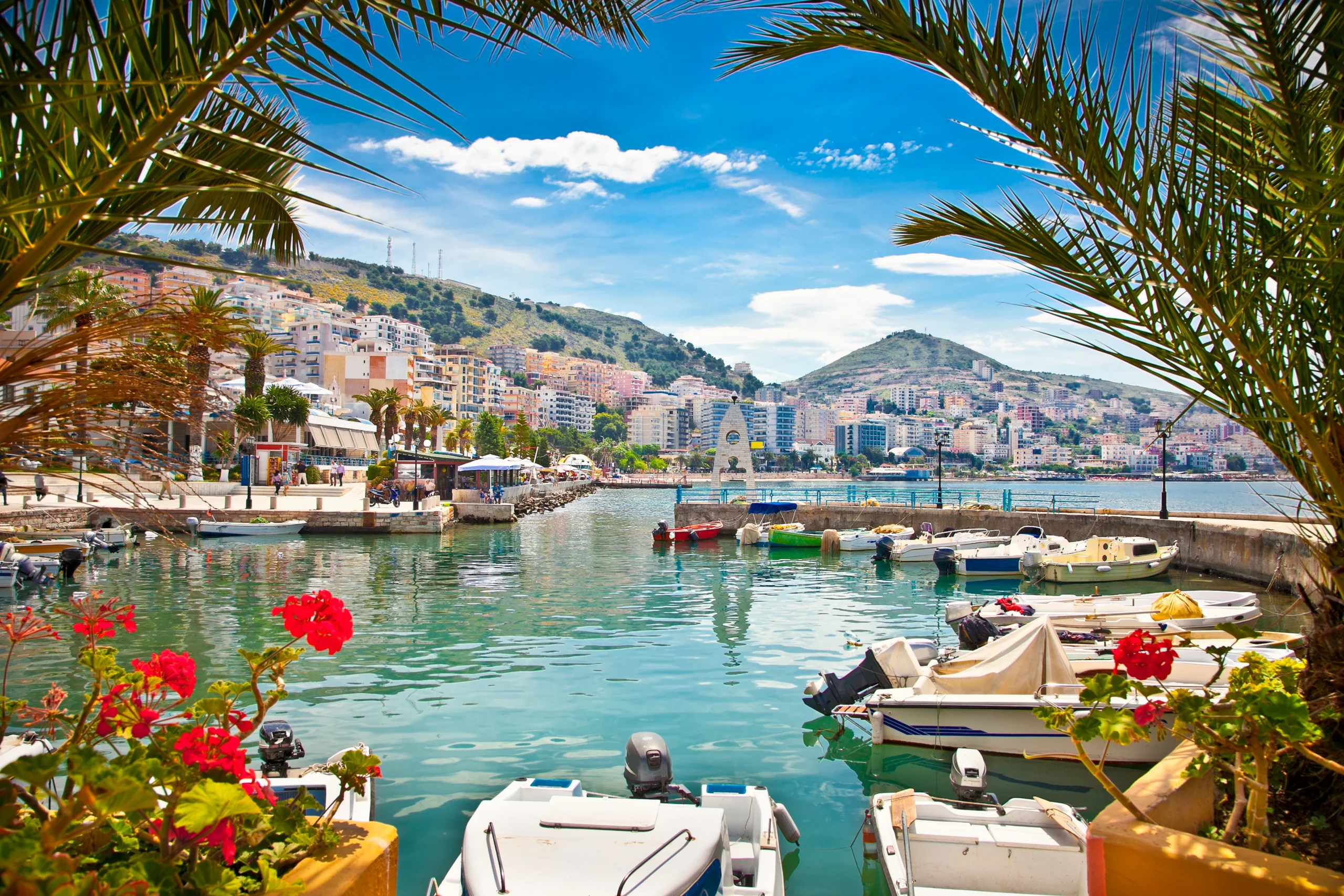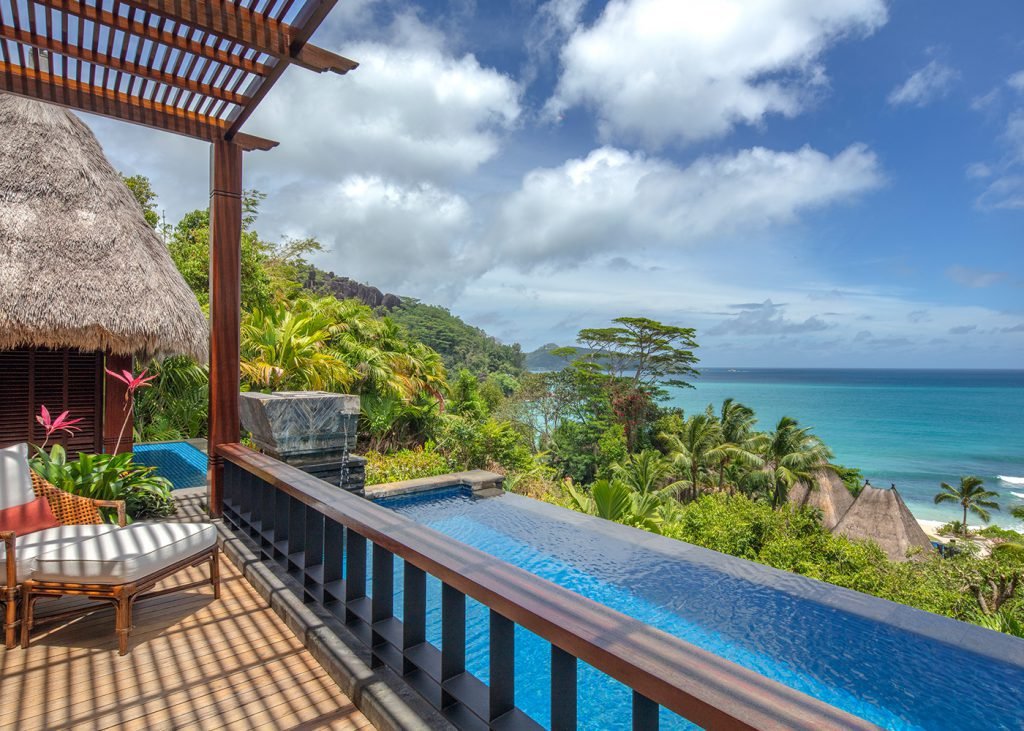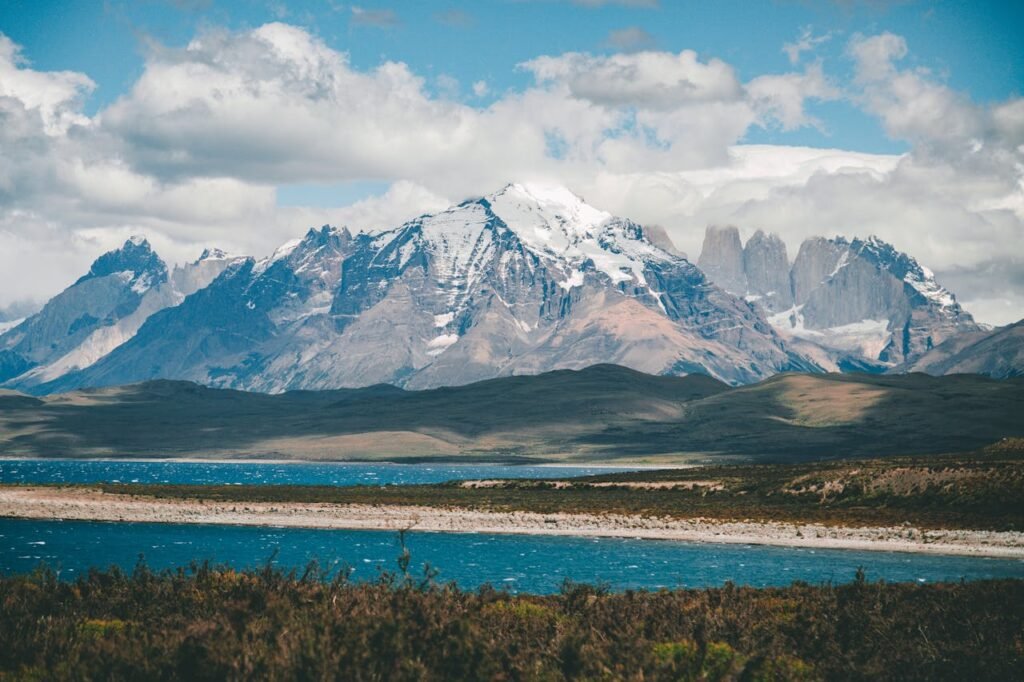
Patagonia, a remote and stunning region at the southern tip of South America, is a dream destination for adventurers, nature lovers, and hikers. While many travelers flock to Patagonia during the peak summer months, visiting in September offers a unique experience. As spring emerges, the landscape awakens with vibrant colors, wildlife becomes more active, and the trails are less crowded. This article will explore why September is the perfect time to visit Patagonia, focusing on the region’s incredible trekking opportunities, diverse wildlife, and breathtaking scenery.
Why Visit Patagonia in September?
The Start of Spring in Patagonia
September marks the beginning of spring in Patagonia. As the region thaw from the winter cold, the landscapes transform into a vivid tapestry of wildflowers, lush greenery, and snow-capped peaks. This seasonal change creates a picturesque backdrop for outdoor activities, particularly trekking. Unlike the busy summer, September offers a more tranquil experience, allowing you to connect with nature without the hustle and bustle of large tourist crowds.
Ideal Weather for Trekking
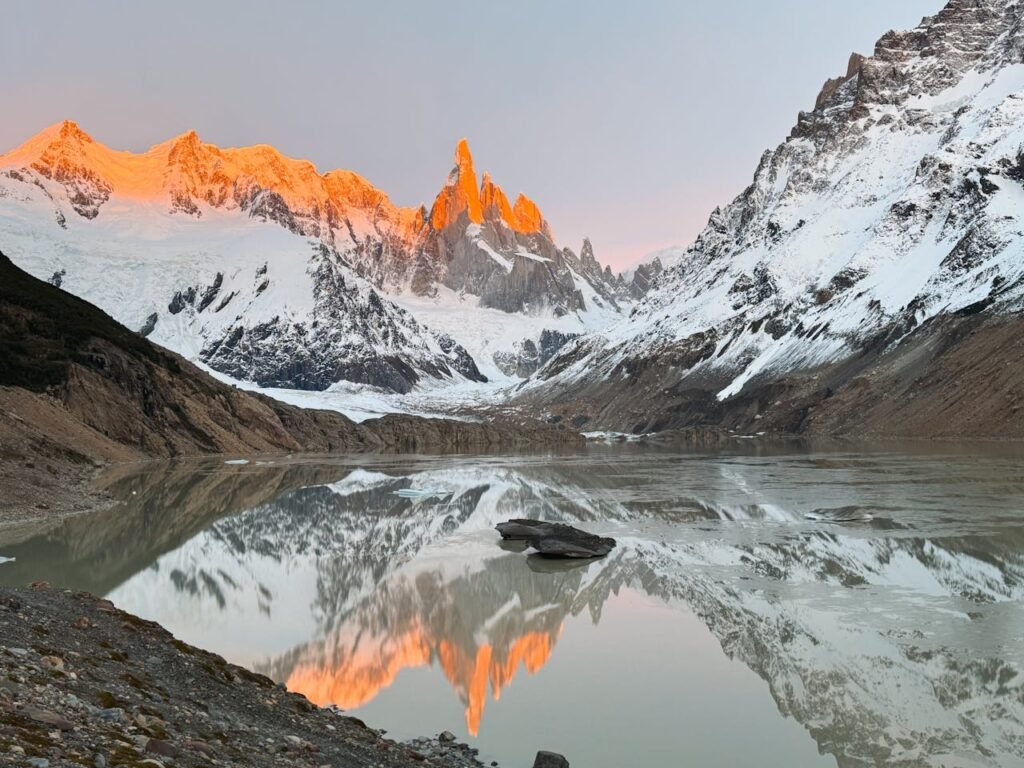
Patagonia’s weather can be notoriously unpredictable, but September generally brings milder temperatures and longer daylight hours, perfect for trekking and outdoor exploration. While you may still encounter some chilly mornings and evenings, the daytime temperatures are comfortable for hiking. The risk of rain and snow is lower than in winter, and the wind, a significant factor in Patagonia, is often less intense in September.
Wildlife Watching Opportunities
As spring begins, Patagonia’s wildlife becomes more active. September is an excellent time for spotting animals as they emerge from their winter habitats. You might encounter guanacos, Andean condors, foxes, and even the elusive puma. Birdwatchers will also be delighted by the return of migratory species. This time of year provides a unique opportunity to observe Patagonia’s diverse wildlife in their natural environment.
Top Trekking Destinations in Patagonia in September
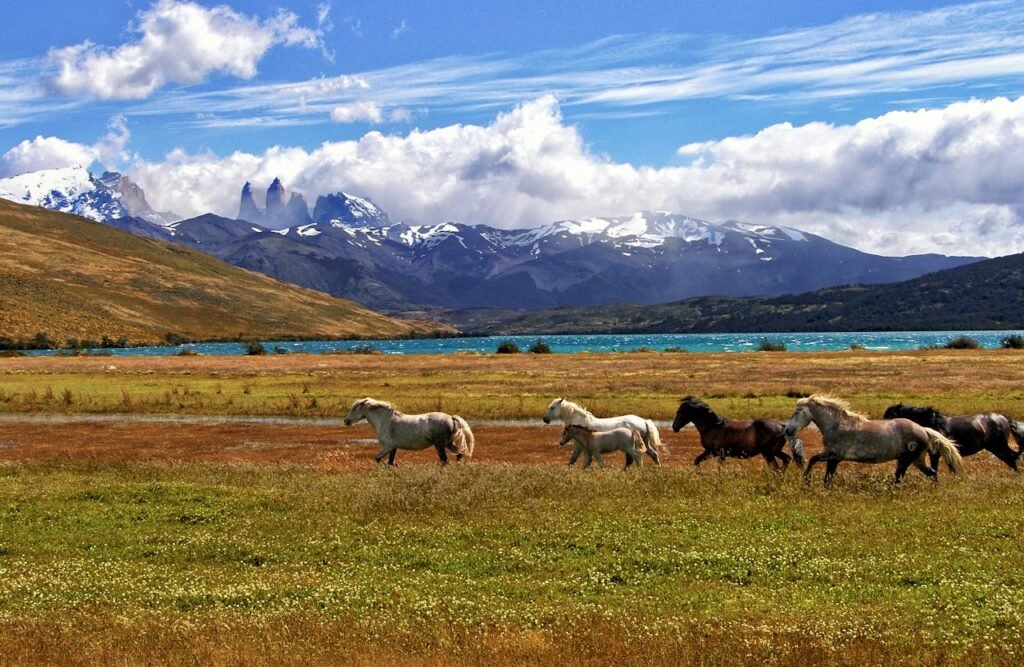
1. Torres del Paine National Park
Torres del Paine National Park is arguably the crown jewel of Patagonia, offering some of the most iconic trekking routes in the world. In September, the park is less crowded, allowing you to experience its raw beauty in solitude.
W Trek
The W Trek is the most famous hiking route in Torres del Paine, offering stunning views of glaciers, lakes, and the towering granite spires of the Torres. In September, the trails are quieter, and while you may encounter some snow at higher elevations, the conditions are generally favorable for trekking. This five-day trek is a must-do for any adventurer visiting Patagonia.
O Circuit
For those seeking a more challenging and immersive experience, the O Circuit is a longer trek that circumnavigates the entire park. This trek takes you deeper into the heart of Torres del Paine, offering breathtaking views and a sense of isolation that is hard to find during the peak season. The O Circuit is best suited for experienced hikers due to its length and the possibility of encountering rough terrain.
2. Fitz Roy Range (El Chaltén)
El Chaltén, located in the Argentine part of Patagonia, is known as the trekking capital of Argentina. The Fitz Roy Range, with its jagged peaks and pristine lakes, is a highlight of the region.
Laguna de los Tres
Laguna de los Tres is one of the most popular day hikes in El Chaltén, offering spectacular views of Mount Fitz Roy. The trek takes you through diverse landscapes, including dense forests and rocky terrain, before reaching the glacial lake with its iconic view of the Fitz Roy massif. In September, the trail is less crowded, and the crisp spring air makes for a pleasant hiking experience.
Laguna Torre
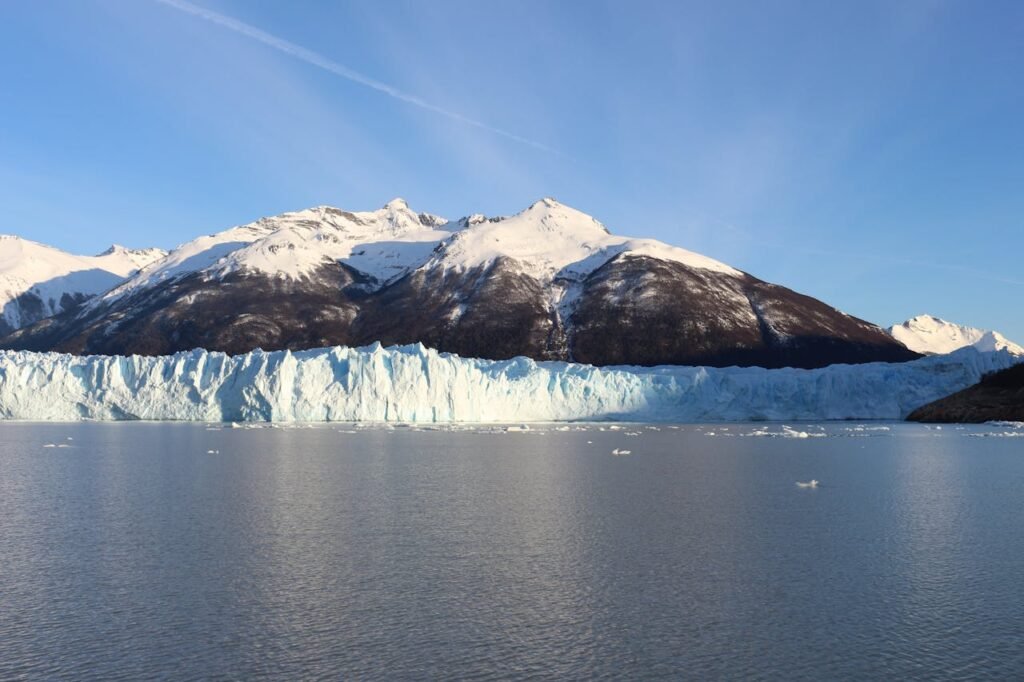
Another stunning trek in El Chaltén is the Laguna Torre hike. This trail leads to a glacial lake at the base of Cerro Torre, one of the most challenging peaks in the world to climb. The hike offers breathtaking views of the surrounding mountains, glaciers, and icebergs floating in the lake. September provides a quieter time to explore this beautiful region.
3. Los Glaciares National Park
Los Glaciares National Park, another UNESCO World Heritage site, is home to the famous Perito Moreno Glacier and numerous trekking routes.
Perito Moreno Glacier
While not a traditional trekking destination, the Perito Moreno Glacier is a must-visit in Patagonia. In September, you can explore the glacier’s various viewpoints without the summer crowds. For those seeking adventure, there are guided ice trekking tours available, where you can walk on the glacier itself and witness its stunning ice formations up close.
Viedma Glacier Trek
Viedma Glacier, located near El Chaltén, offers another fantastic glacier trekking opportunity. This trek is less popular than Perito Moreno, making it a more tranquil experience. The September weather is ideal for exploring the glacier’s unique ice caves and crevasses.
What to Pack for a September Trek in Patagonia
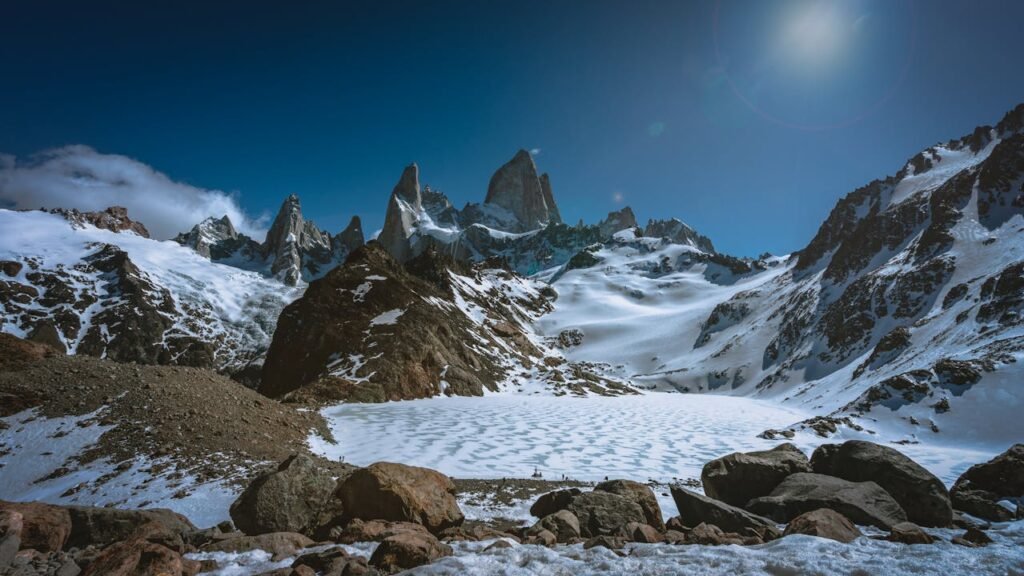
Essential Gear and Clothing
Patagonia’s weather can be unpredictable, so it’s essential to pack appropriately for all conditions. Here’s a list of must-have items for a September trek in Patagonia:
Layered Clothing
- Base Layer: Moisture-wicking thermal top and bottom.
- Mid Layer: Fleece or down jacket for insulation.
- Outer Layer: Waterproof and windproof shell jacket and pants.
- Warm Hat and Gloves: Essential for chilly mornings and evenings.
- Hiking Boots: Waterproof and broken-in boots with good ankle support.
- Backpack: A sturdy backpack with a rain cover.
Trekking Gear
- Trekking Poles: Useful for stability on uneven terrain.
- Headlamp: Essential for early morning starts or late finishes.
- Water Bottles/Bladder: Stay hydrated with at least 2 liters of water.
- Sunglasses and Sunscreen: The sun can be intense, even in September.
Safety and Navigation
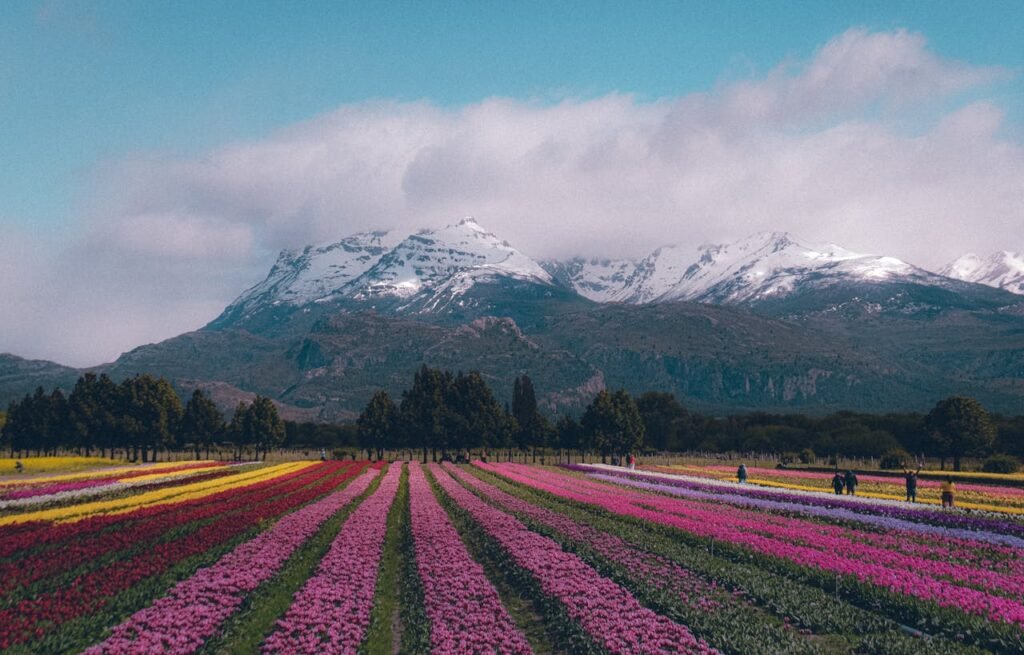
- Map and Compass/GPS: Always have a reliable navigation tool.
- First Aid Kit: Including blister treatment and any personal medications.
- Multitool: Handy for any repairs or emergencies.
Packing Tips for September
- Prepare for Variable Weather: September can bring a mix of conditions, so be ready for everything from sunny days to sudden rain or snow.
- Pack Light but Smart: Focus on essential items and leave non-essentials behind to keep your pack light.
- Bring High-Energy Snacks: Trekking in Patagonia can be physically demanding, so bring plenty of snacks like nuts, energy bars, and dried fruit.
Navigating Patagonia in September: Tips and Recommendations
Accommodation Options
While the peak tourist season begins in December, many accommodations in Patagonia start to open in September. Booking in advance is still recommended, especially in popular areas like Torres del Paine and El Chaltén.
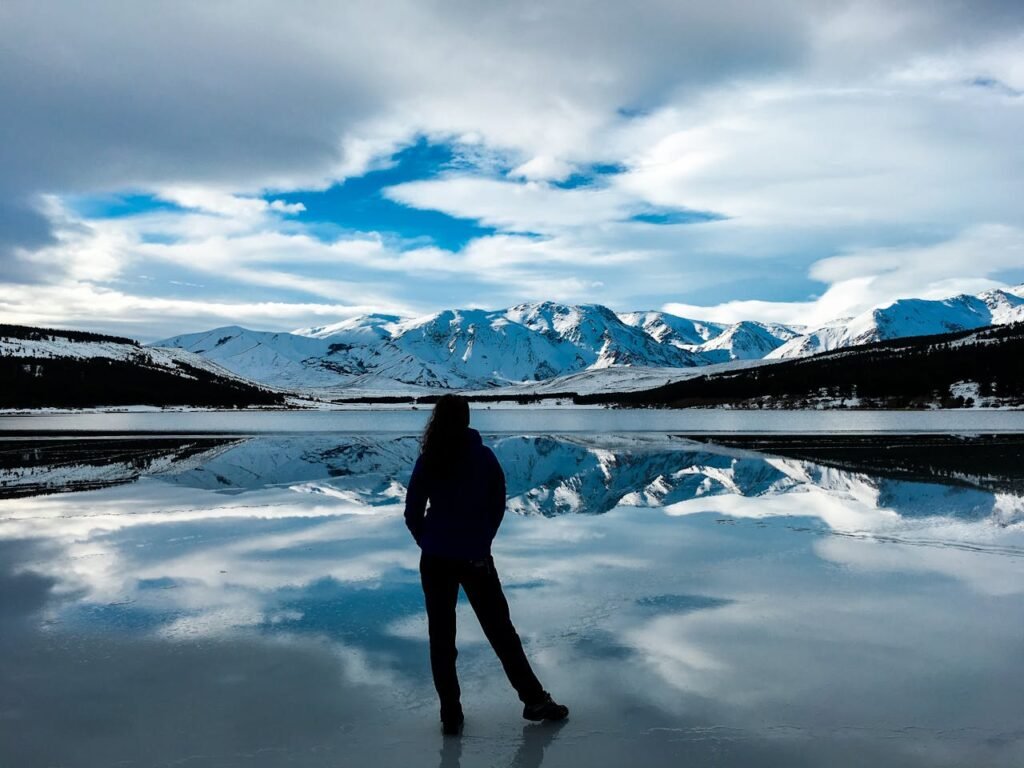
Camping
- Torres del Paine: Campsites along the W Trek and O Circuit may have fewer amenities open in September, but this also means fewer crowds and a more peaceful experience.
- El Chaltén: There are several free campsites in the Fitz Roy Range, offering stunning views and a great base for day hikes.
Lodges and Refugios
- Torres del Paine: Refugios (mountain lodges) along the trekking routes provide basic accommodation and meals. Some may still be closed in early September, so check availability in advance.
- El Chaltén: There are several hostels and lodges in town, providing a comfortable base for exploring the surrounding trails.
Transportation Tips
Getting to and around Patagonia requires some planning, especially in September when some services may still be ramping up for the season.
Flights
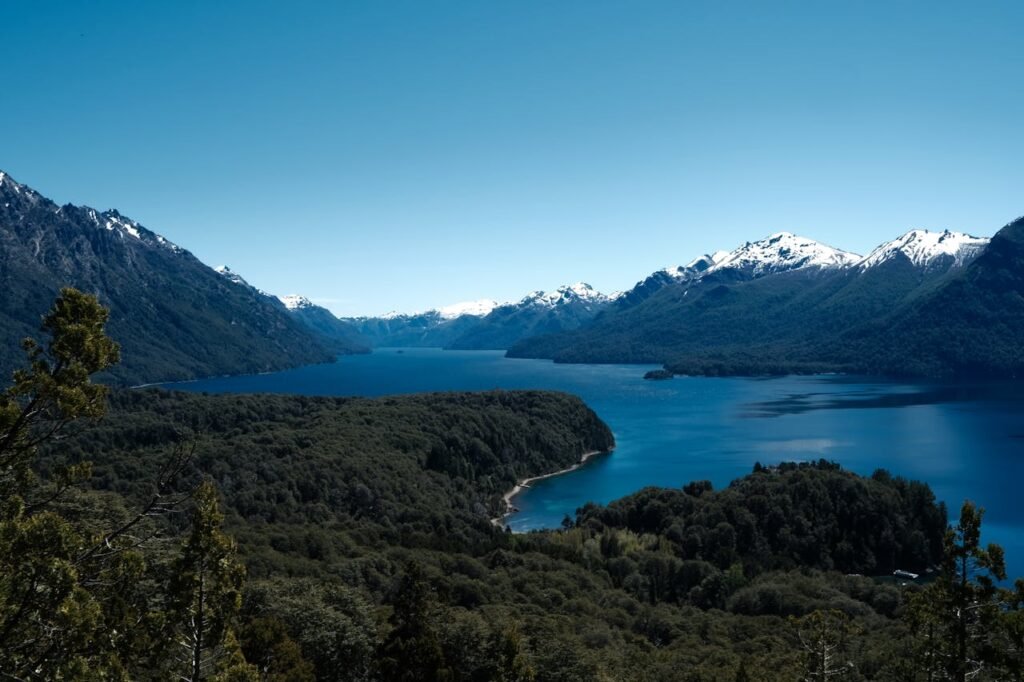
- To Chilean Patagonia: Fly into Punta Arenas or Puerto Natales. Puerto Natales is closer to Torres del Paine and has regular bus services to the park.
- To Argentine Patagonia: Fly into El Calafate, which is the gateway to Los Glaciares National Park and El Chaltén.
Buses and Transfers
- Torres del Paine: Regular buses run from Puerto Natales to the park entrance, and from there, you can arrange transfers to various trailheads.
- El Chaltén: Buses run from El Calafate to El Chaltén, with several daily services during the season.
Trekking Safety in September
Trekking in Patagonia, particularly in September, requires caution and preparation. Here are some safety tips:
Check the Weather Forecast
Patagonia’s weather can change rapidly. Always check the forecast before setting out, and be prepared to adjust your plans if conditions become unsafe.
Stay on Marked Trails
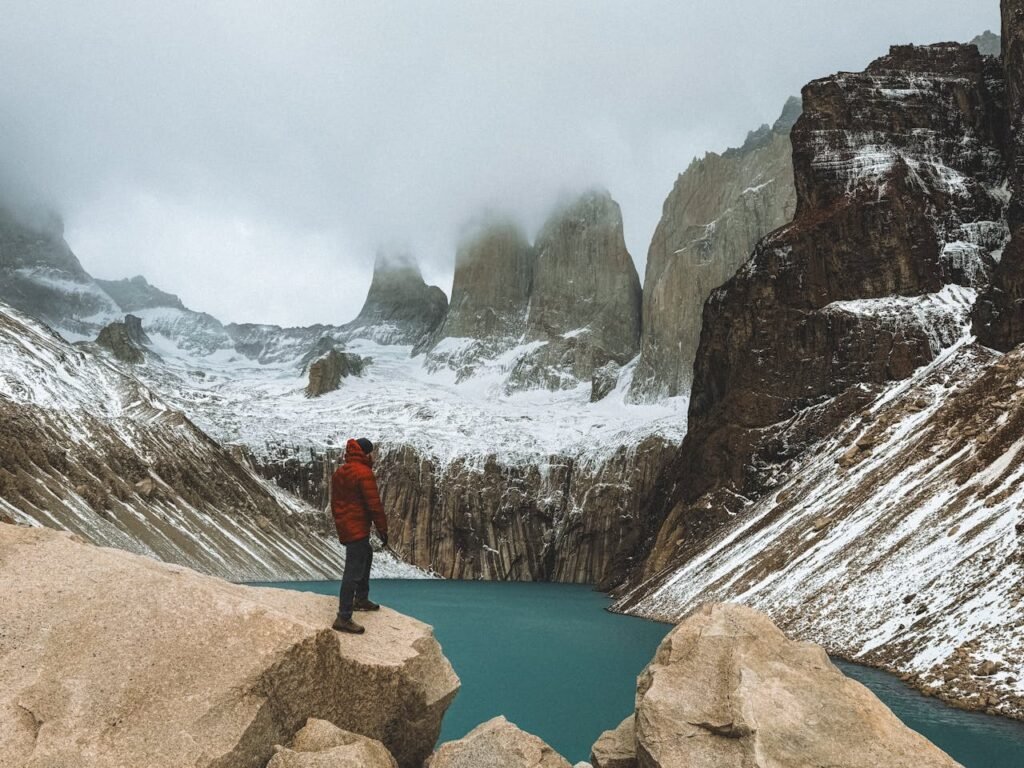
While it may be tempting to explore off the beaten path, it’s essential to stay on marked trails, especially in remote areas. Trails can be snow-covered or muddy in September, making navigation challenging.
Bring a Reliable Map
While GPS devices are useful, always carry a physical map as a backup. Many areas of Patagonia have limited cell service, so having a map is crucial for navigation.
Consider Hiring a Guide
For those unfamiliar with the region or those planning more challenging treks, hiring a local guide can enhance your experience and ensure your safety. Guides have expert knowledge of the trails and weather patterns, making them invaluable in unpredictable conditions.
Patagonia’s September Events and Activities
Springtime Festivals and Celebrations
While September is not as busy with festivals as the summer months, there are still some local events and activities to enjoy.
Fiesta de la Primavera (Spring Festival)
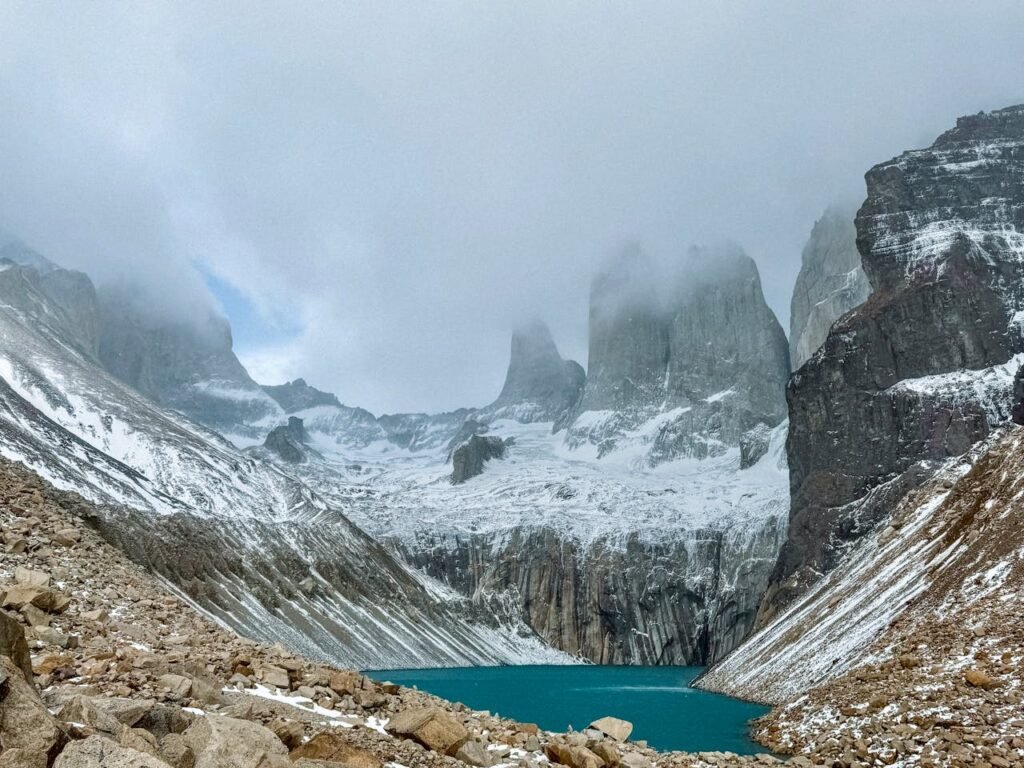
In towns like Punta Arenas and Puerto Natales, the Fiesta de la Primavera marks the arrival of spring with parades, music, and cultural performances. It’s a great opportunity to experience Patagonian culture and meet locals.
Birdwatching Events
September is an excellent time for birdwatching in Patagonia, as many migratory species return to the region. Local guides often organize birdwatching tours, particularly in areas like Tierra del Fuego and the Valdés Peninsula.
Adventure Activities Beyond Trekking
While trekking is the main draw, Patagonia offers plenty of other outdoor activities to enjoy in September.
Kayaking
Patagonia’s rivers and lakes are perfect for kayaking, especially in the early spring. Paddle through the stunning fjords of Chilean Patagonia or explore the calm waters around El Chaltén.
Horseback Riding
Horseback riding is a popular way to explore the vast Patagonian landscapes. Many estancias (ranches) offer guided rides, allowing you to experience the region’s gaucho culture.
Fishing
September marks the start of the fishing season in Patagonia. The rivers and lakes teem with trout, making it a paradise for fly fishing enthusiasts.
Conclusion: Why September is the Perfect Time to Explore Patagonia
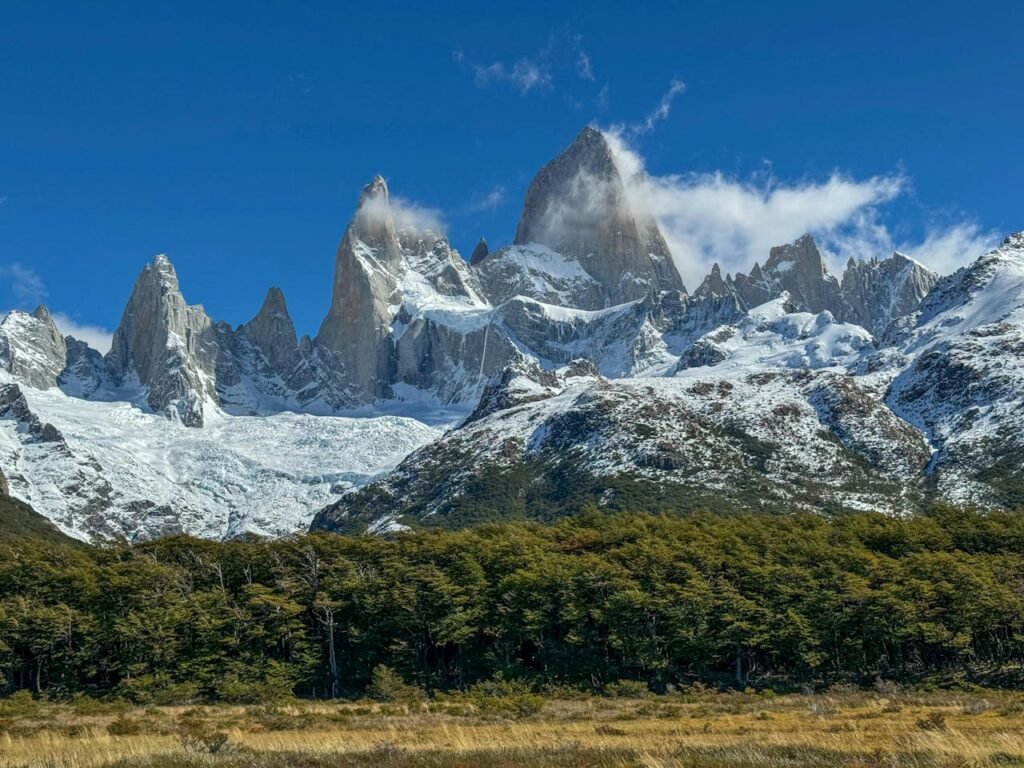
Patagonia in September offers a unique blend of natural beauty, solitude, and adventure. The awakening of spring brings vibrant landscapes, active wildlife, and ideal trekking conditions. With fewer tourists, you can truly immerse yourself in the stunning scenery and experience the raw, untouched beauty of Patagonia. Whether you’re a seasoned trekker, a wildlife enthusiast, or simply someone looking for an unforgettable adventure, September in Patagonia promises an experience like no other.
Pack your bags, lace up your hiking boots, and get ready to explore one of the most breathtaking regions on earth. Patagonia awaits.

